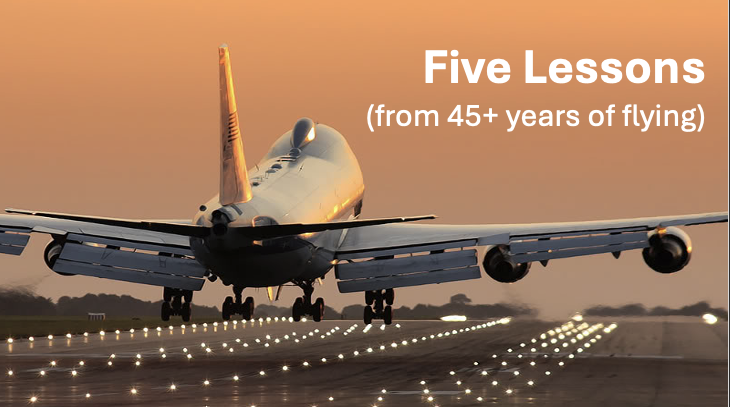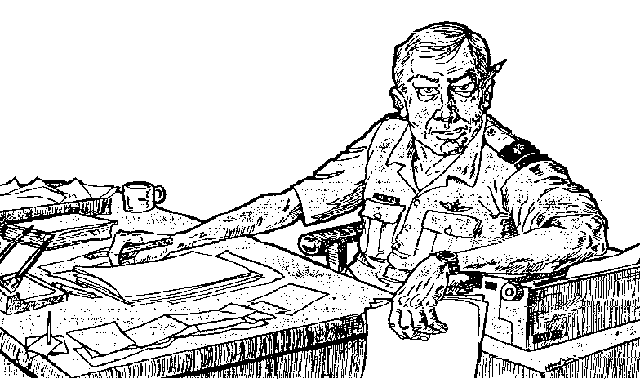The Learning Never Stops!
Aviation is complicated business, and it can be deadly if not undertaken with the right mindset. Our goal here at Code 7700 is to prepare you to avoid the day you will need to Squawk 7700, but if that day ever comes, to prepare you to deal with it competently.
Our Latest Update
How do I pack 45-plus years of flying lessons into just a few pithy sayings that you can remember when you need them? I don't know, but I'll make an attempt: Don't be an ape. Don't get smart. Don't get busy. Don't panic. Do things for a reason. (And make it a good reason.)
Five Lessons


Our Previous Update:
This accident has more to do with pilot psychology than pilot ability. The “pilot type” is where the root of the cause is for this accident. But you would never know that from the publicly released details. And ignoring the real problem will cause future accidents just like this. Or perhaps it already has.
Case Study: T-6A 99-3553
An Index of Previous Updates
If you remember seeing something on "Homeplate" in the last two years, you will find it here, in a list of recent lead stories. Lead Stories . . .



